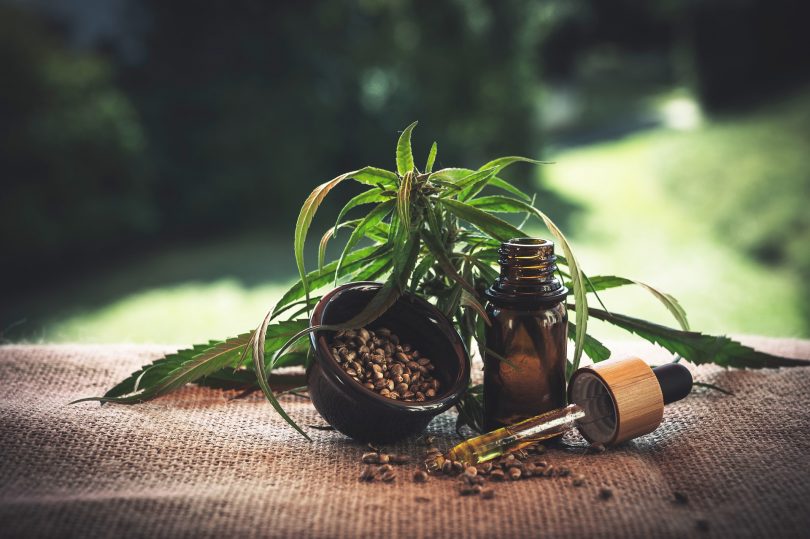Today, Health Canada legalized cannabis edibles, from cookies to gummies – a year to the date it allowed for the use of recreational cannabis. The new rules also allow for the legal use of cannabis extracts and topicals such as lotions.
Health Canada says the products won’t be immediately available on store shelves, since producers will require amended licenses to make and sell them.
But today’s expanded laws around cannabis are a good reminder for people to consume safely.
We revisit a story featuring Dr. Joseph Finkler from St. Paul’s Hospital’s Emergency Department, for his thoughts from October 17, 2018:
—
Dr. Finkler anticipates that legalization will prompt greater demand for emergency medical treatment, particularly among the “cannabis neophytes,” as he calls them.

He makes the prediction based on the Colorado experience, where cannabis-related ED visits, which are tracked, did rise when recreational use was legalized in 2014.
While there are certainly plenty of seasoned users, Dr. Finkler is more concerned about the effects of cannabis on the inexperienced people. “Everyone has a different reaction that can depend on both the dose, formulation (whether leaves, oil or edibles) and the duration of use,” and those new to using probably won’t know how they’ll respond. He warns that some newbies who use and expect to feel euphoria may, paradoxically, feel anxious and even nauseated.

Dr. Finkler says that when people smoke marijuana, the hallucinogenic ingredient (delta tetra hydroxycannabinoid, or THC) is gradually absorbed across the lung membranes. Smokers control the dose by the number of tokes they take. After smoking a joint, they may feel good and take a pause.
Edibles’ effects take longer to kick in

But with edibles, there is a lag time of about 60-90 minutes between the time the THC is ingested and when it is absorbed by the intestine. In that time, the level of THC in the bloodstream rises. Some people forget this and when they don’t feel any effect after 30 minutes or so, they eat another. This can ultimately lead to unpleasant, anxiety-like symptoms and sensations.
It’s not unlike what happens when you drink multiple shots of alcohol on an empty stomach. For the first 15 or 20 minutes, you may feel nothing. Then when the alcohol is absorbed, the “drunk” feeling comes on like a rush.
Dr. Finkler is particularly concerned about young children and even infants who may pop candy look-alike edibles in their mouths. Infants and toddlers have been known to ingest them, leading to toxic reactions, although luckily, there have been no reported serious adverse outcome.
All drugs have adverse side effects
However, he has seen fatal overdoses from a combination of recreational drugs and alcohol in which THC was present in the blood. Because of St. Paul’s proximity to Granville Mall and the downtown entertainment/bar district, he expects a number of those coming to the ED may do so with a combination of cannabis and alcohol in their system.
“There is no such a thing as a drug without adverse side effects. So – everything in moderation.”
Dr. Finkler’s tips for those starting cannabis use:
- If you are going to ingest, wait at least 60 to 90 minutes before eating another.
- If you are a new user and you want to try an edible, choose one that has no more than 10 milligram of THC.
- Be mindful that smoking a joint is not the same as smoking a cigarette, especially when combined with alcohol. They amplify the effect of one another.
- Try not to mix marijuana and work since you run the risk of making errors of cognition and/or co-ordination.
- Excessive, protracted use of cannabis can, on occasion, lead to intractable nausea and vomiting (the so-called cannabinoid hyperemesis syndrome).
- And finally, regular use of marijuana has been linked to chronic mental illness, like delusional disorder.





